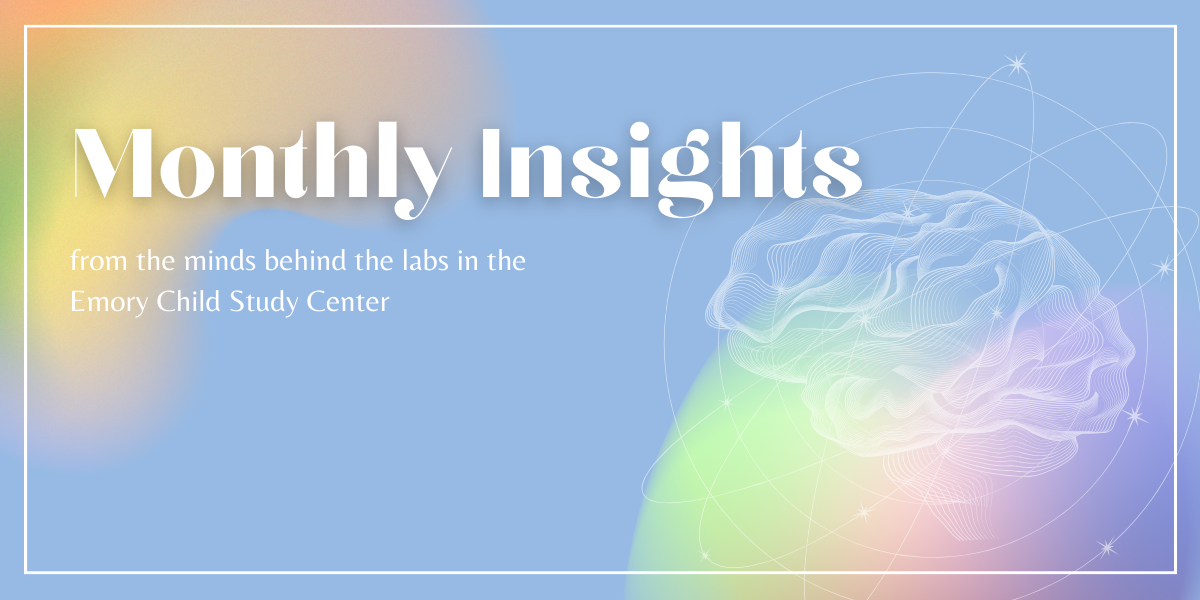BY LUCY CRONIN-GOLOMB
FEATURING WORK BY HILARY MILLER-GOLDWATER, PHD
Have you ever flipped through storybooks for kids, maybe for your own kids, or on a rainy afternoon at the library? They are designed in many different ways! Some have lots of pictures, some are designed to follow a storyline, some have lots of facts and examples. Books are an important way children learn about the world around them. Young children especially learn from shared book reading with their caregivers. But how does the design of the books influence what children learn from their shared book reading experiences?
For this research, we asked 4–5-year-old children and their caregivers to read through four different science storybooks. Each storybook had different amounts of supportive text-based features that we thought might help the children learn. Supportive text-based features include items like concrete examples, extra details, explicit connections between topics, and questions for children to answer. We also looked at the amount of supportive talk each caregiver had with their child. Did they provide additional examples or elaborate in other ways on the material in the storybook? Did they ask the child questions about the material? We found that children learned the most science information when storybooks included more supportive features and caregivers used more supportive talk. For this research, we also looked more closely at the design of 60 of the most popular science storybooks for 4–5-year-old children. We were surprised to discover that many of the most popular science storybooks did not have the important, supportive features that helped children learn! This research is published here. If you’d like to learn more about my work, check out my website.
WHAT MAKES YOU EXCITED ABOUT PSYCHOLOGY?
I get excited about Psychology because I believe the research that we conduct can have positive impacts on people’s well-being. The research that I conduct tries to better understand children’s learning and to help parents and teachers facilitate children’s education. I love science and research and I feel that Psychology is a perfect field where we can apply scientific approaches and rigorous research to answering these important questions.
Welcome to the Monthly Insight, where we aim to give you a peek into the labs that conduct studies with the Child Study Center. What do these studies aim to answer? How do they come to be? Join us as we offer a unique view into the minds of our research teams, where you’ll find they may be asking the same questions you do!

